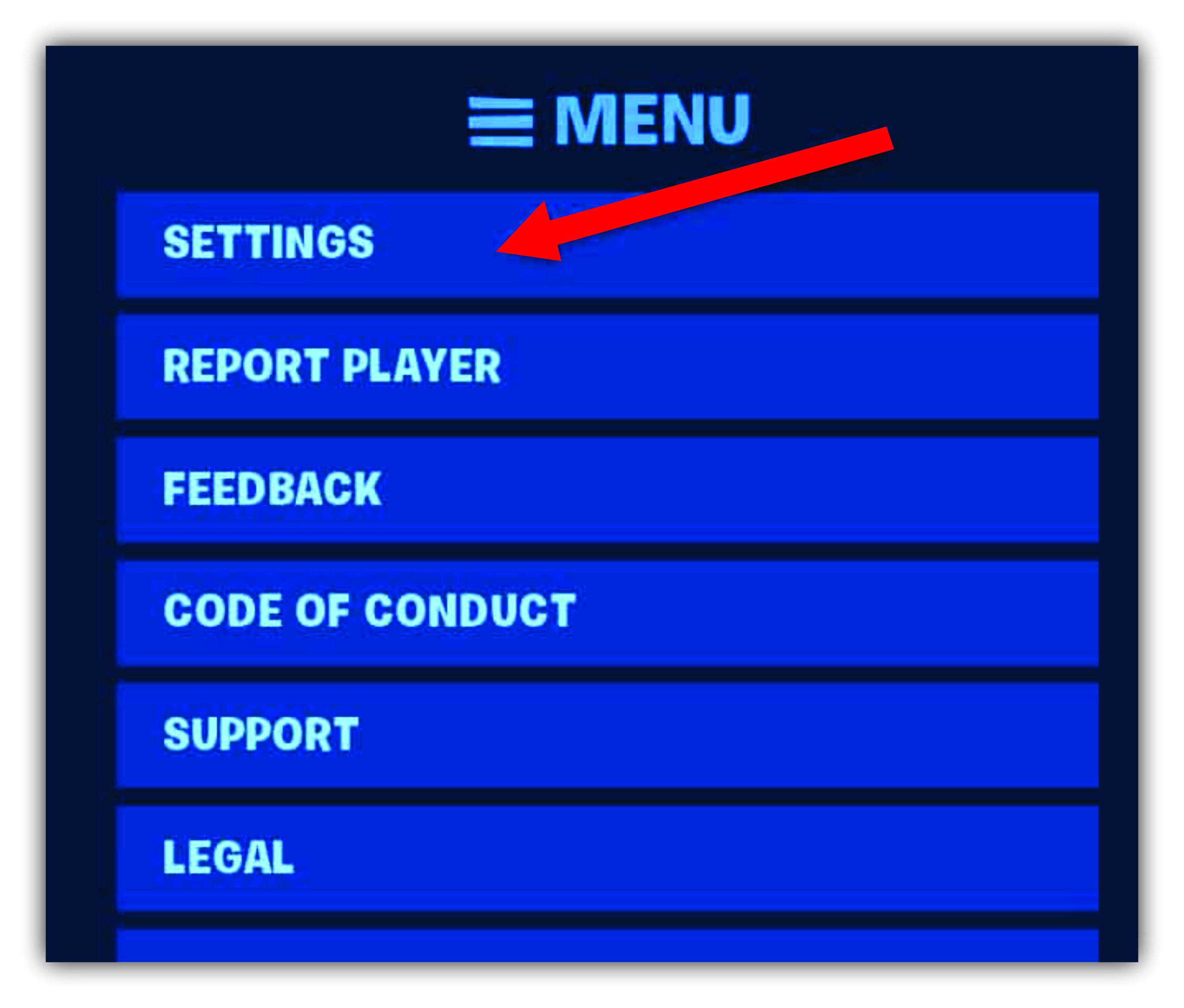Modern online games require a lot of resources from your computer. But sometimes, even if you have an above-average or a top-spec machine, it’s still possible to experience ping issues. Ping is measured in milliseconds (ms) and represents the time passed between the moment your computer sent a data packet to a server and the server received it.
When playing multiplayer games online, a decent ping is anything below 60 ms, while a ping value of 20-30 ms is near perfect. Unfortunately, there are times when you just can’t achieve a high enough ping to overcome your opponents. If you can relate, check out the rest of this article to learn how to improve your ping.
How to Lower Your Ping and Improve Online Gaming
Since there are numerous factors that affect the quality of your connection to the gaming server, there’s a list of things you can do.
- Make sure to turn off any updates that might be running in the background. These are the most likely cause of high pings, as they will download without you realizing it, taking up your internet bandwidth. For instance you can go to Settings > Update & Security > Advanced Options, select Pause updates and set a value.

- If you are running multiple apps in the background while playing an online game, this can also use a lot of your device’s resources and cause connection issues. The best practice, in this case, is to close any background apps and allow your computer or console to fully dedicate to the game you’re playing.
- If you’re using a Wi-Fi connection, the first thing to try is to reset your router.
- Next, try moving the router around in the hope that your gaming device will catch a better signal.
- Sometimes, there might be a device or two nearby which interferes with the Wi-Fi signal. Try moving any suspicious devices to another room, just to make sure it’s not them causing the issue.
- If none of this works, then you should connect your device directly to the router using an Ethernet cable. This will provide a connection that’s much less sensitive to any outside interference.
- Finally, check the system requirements for the game you’re playing. If your computer can’t manage to process all the information on time, that’s when a network lag might appear. To resolve this issue, make sure to use graphics settings that the game automatically recommends. If this doesn’t resolve the high ping, try lowering the screen resolution or quality of visual details.
If none of these options helps you to significantly improve your ping, you might try playing around with the game’s settings. Since every game has specific features, the next few sections will deal with some of the most popular games today.
How to Lower Your Ping on Roblox
When playing Roblox online, the first thing to do is to check the game’s graphics settings. Depending on your computer setup, lowering the graphics quality a bit might improve your ping.
- Hit Escape on your keyboard to bring up the main menu.

- Now, click Graphics to open the relevant settings.

- Change the Graphics Mode from Automatic to Manual.

- Now try lowering some of the available options and see how well the game plays after that.
Once you find the right balance between the look and performance, your ping will probably improve.
How to Lower Your Ping on Fortnite
If you’ve done your best to make the connection to the game server the best it can be, it’s time to check the game options which might help you out.
- While in the game, hit the Escape key on your keyboard.

- Then, click Settings.

- From the top menu, click the game settings icon, the one that looks like a cog.

- In the Language and Region section, go to the Matchmaking Region option.

- On the right side of the screen, you should see the available regions you can use. Select the one with the lowest latency – the number in the parenthesis next to the region’s name. For example, you might find something like this: NA-WEST (52MS). This relates to the western part of the North America region, which has a decent ping of 52 milliseconds, on average.

Once you switch to the region with the lowest ping, simply exit the settings and continue playing the game.
How to Lower Your Ping on PS4
To quickly improve the ping on your SONY PlayStation 4, do the following:
- In the home menu, go to Settings.
- Select Network.
- Select Setup Internet Connection.
- Select Wi-Fi or LAN, depending on which connection you’re currently using. To avoid confusion, LAN is the Ethernet cable connection.
- Choose your router from the list and press the Option button on the controller. Now you can check whether it’s working on a 5 GHz or 2.4 GHz frequency. If your PS4 is in the same room as your router, choose 5 GHz. If not, go for the 2.4 GHz option.
- Now set the next few options like this:
- IP Settings: Automatic
- DNCP Host Name: Do not specify
- DNS Settings: Manual
- The next step is to set the DNS settings. These will depend on your location, so use the following parameters according to your region:
- United States
1. Primary DNS: 8.8.8.8
2. Secondary DNS: 8.8.4.4 - Europe
1. Primary DNS: 1.1.1.1
2. Secondary DNS: 1.0.0.1
- United States
- Now save the settings and exit the menu.
If you apply these settings, your ping should significantly improve. If not, refer to the first section of this article for advice on what to do.
How to Lower Your Ping on Xbox
After you’ve tried the steps described in the first section of this article and your Xbox is still having ping issues, you might have to force-reset its network settings. Here’s how to do this:
- Go to the Xbox’s “Network Settings” menu.

- Now, choose the Go offline option.

- Wait until the console disconnects.
- Once it’s offline, wait for 20-30 seconds.
- Now, select Go online and wait for your Xbox to reconnect.

This will allow the router to assign a fresh IP address to your console, allowing it to achieve a lower ping.
How to Lower Your Ping on a PC
Since most of the suggestions from the first section of this article also relate to PCs, you should try all of them first. If they don’t help, here’s another thing you can try.
Since your computer’s probably using some kind of firewall or antivirus or even both, it would be wise to add your online games to their white lists. Thanks to this, the firewall and/or antivirus will treat the communication between the game and its server as ordinary traffic. This will reduce the number of security scans, thus preventing potential drops in the connection speed responsible for high pings.
How to Lower Your Ping in Valorant
If you’re experiencing a high ping in Valorant, there isn’t much you can do about it apart from the steps you can find in the sections above. Go through each one of them, especially focusing on connecting to servers that are geographically closest to you.
How to Lower Your Ping in Minecraft
To resolve the lag in your Minecraft session stemming from a high ping, try significantly reducing the graphics settings in the game. If the high ping persists, you’ll know that it’s not the game settings that are causing this.
- While in the game, open the main menu choose Options, and go to Video Settings.

- Set Graphics to Fast.

- Then, turn off Smooth Lighting.

- Significantly reduce Render Distance.

- Set Max Framerate to 60 fps.

If the game doesn’t lag anymore, you can return to the video settings and start increasing some of the options until you find the right balance.
Additional FAQ
What Does Lowering Ping Mean?
Lowering ping means establishing a better connection quality between your computer and the gaming server you’re using.
How Can I Reduce My Ping?
When talking about reducing your ping, this also means you’re trying to improve your connection speed. As mentioned above, you can reduce your ping in various ways. If using Wi-Fi, try moving your router around or connect it to your computer using an Ethernet cable. Also, make sure to connect to servers that are dedicated to your region or the ones that are geographically nearby.
Why Is My Ping so High?
There could be many reasons for this, with the most common including poor Wi-Fi reception, network interference from nearby devices, or connecting to a server that’s far away from you. Also, the game’s graphics settings might be too high, causing the game to lag occasionally.
Is Higher Ping Better Than Lower Ping?
No, it’s not. A higher ping shows you how much time it takes for your computer to send a signal to the server. If it takes longer than it should, you’ll have higher ping values. You want to keep it as low as possible, meaning there’s almost no latency in the communication between your computer and the server.
Keeping Your Ping Down
Hopefully, now you know how to lower your ping when playing video games. Whether it’s an issue with your network settings or something specific to the game you’re playing, chances are you’ll manage to resolve the issue.
Just keep in mind that most of the time, the ping issues stem from a poor network connection, rather than the game itself. And sometimes, the fault is not at your end at all – the server you’re on might be experiencing issues at that moment.
Have you managed to lower your ping? Which game have you had the most ping issues with? Please share your experiences in the comments section below.
Disclaimer: Some pages on this site may include an affiliate link. This does not effect our editorial in any way.























